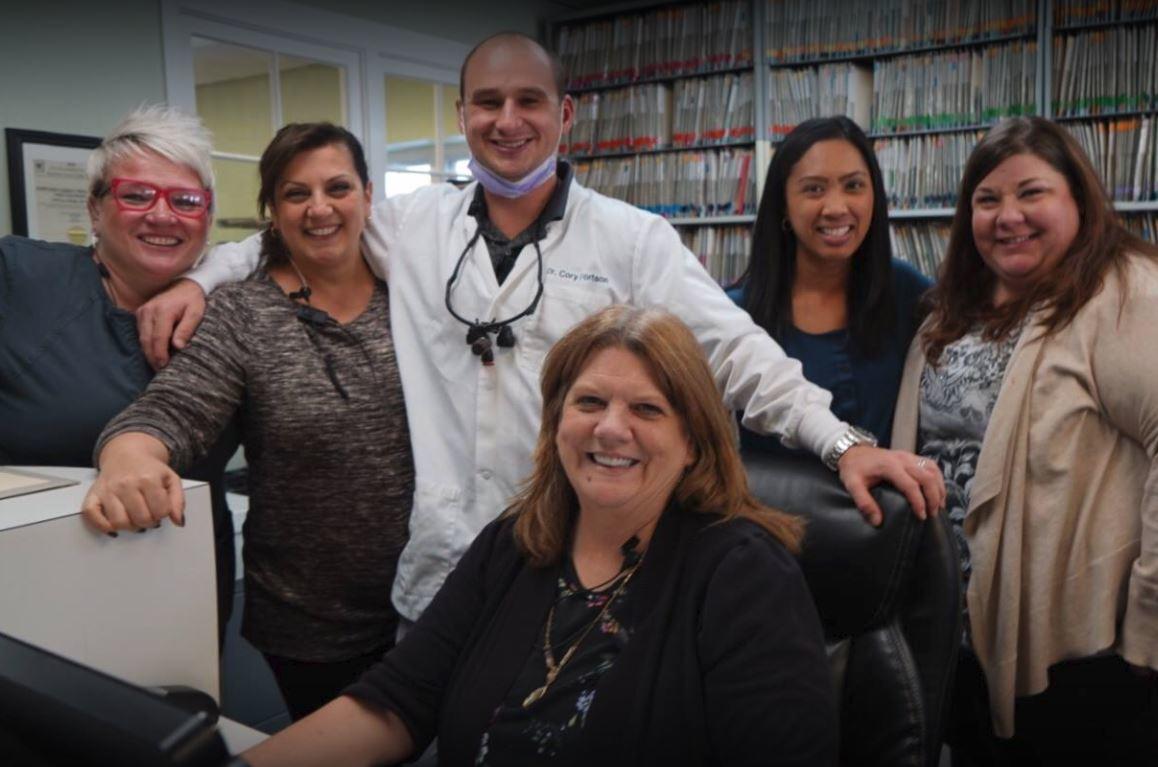The Types of Dental Anesthesia
When you think about the dentist, you don’t often think about anesthesia. Dental anesthesia is necessary for a variety of dental procedures. There are different levels of dental anesthesia available depending on the procedure a patient is undergoing. In this article, we will go over common dental procedures that use anesthesia and the different forms of dental anesthesia.
What dental procedures require dental anesthesia?
Dental anesthesia can be used for a variety of dental procedures. For some patients, especially those who have dental anxiety, light dental anesthesia can be used for teeth cleaning. Here are the more common procedures that require dental anesthesia:
Crowns
A permanent cap is placed on a tooth that has been damaged or weakened.
Dental Extractions
The removal of a tooth or teeth can be necessary for a variety of reasons.
Dental Implants
Dental implants are an artificial replacement for roots that go underneath your gums. They are then used to attach dentures or bridges.
Root Canal
A root canal is a process of removing an infected or inflamed pulp inside the tooth to eradicate bacteria and prevent infection from reoccurring.
Scaling and Root Planing
A deep clean below the gum line to take care of gum disease.
Wisdom Tooth Removal
Removing up to four wisdom teeth prevents them from causing alignment issues in your mouth as these molars come through your gums.
What are the types of dental anesthesia?
Different dental procedures require different forms of dental anesthesia. Here are the common types of dental anesthesia:
Local Anesthesia
Local anesthesia is used to numb the area where dental work will be completed. It is one of the most common forms of dental anesthesia since most dental procedures are quick. Local anesthesia typically starts working quickly and will last 30 to 60 minutes and prevent the patient from feeling pain. A gel can be used for local anesthesia, or a shot can be injected into the gums to achieve numbness. A patient will remain awake if local anesthesia is used.
Commonly used for:
- Crowns
- Scaling and root planing
- Teeth cleaning (Only when necessary for those with dental anxiety or children)
General Anesthesia and Sedatives
Sedation dentistry affects the whole body, unlike a local anesthetic. It is often used for more complex and lengthy procedures. Sedatives are often used when a patient needs to remain completely still during a procedure to ensure it is done correctly. General anesthesia and sedatives are sometimes paired with a local anesthetic to guarantee a patient does not experience any pain.
Nitrous Oxide
Nitrous Oxide, commonly known as laughing gas, is one form of sedative. A patient will inhale the medication and gas through a mask throughout the whole procedure. It will wear off quickly once a patient stops inhaling the laughing gas. Nitrous Oxide is often combined with a local anesthetic. Patients on laughing gas are conscious during a dental procedure but sedated.
Commonly used for:
- Wisdom teeth removal
- Root canal
Oral Sedation
Oral sedation is a medication provided by the dentist to be taken before a procedure. Oral sedation often allows patients to follow a dentist’s instructions if necessary. Different levels of sedation can be reached depending on the dosage of the oral sedation though. With minimal sedation, you will still be awake, but in a very dreamlike state. A patient may fall asleep with deeper sedation. It is often easy to wake a patient from a moderate or deep oral sedation though.
Commonly used for:
- Root canal
- Dental extractions
IV Sedation
An IV (intravenous) sedation is the deepest sedative form for dental anesthesia. A patient will have little to no recollection of the dental procedure when IV sedation is used. A dentist can adjust the sedation level throughout a procedure if necessary.
Commonly used for:
- Jaw surgery
- Dental implant surgery
Do you need a procedure that requires dental anesthesia?
If you live in Metro Detroit and need a dental procedure, contact Fortson Dentistry. We can provide you with the necessary care and proper dental anesthesia to make you comfortable during your procedure.

Fortson Dentistry’s staff provides high-quality dental services to our patients in Southeast Michigan from our five locations.
